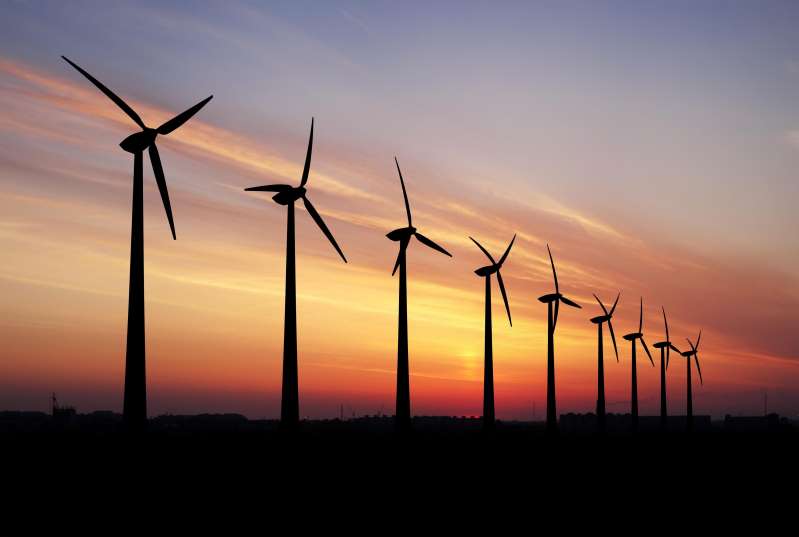Green electricity producers and the gas industry are demanding more speed.

In mid-September, Climate Protection Minister Leonore Gewessler (Greens) sent the “Renewable Expansion Law” (EAG) as the basis for an accelerated expansion of renewable electricity generation by 2030 for assessment. It should come into force on January 1, 2021. Two months later, it was clear that this would no longer work out, and it was not decided in the Council of Ministers on Wednesday either – a decision in the National Council will only come about just before the summer.
The renewables industry says that the EAG will inevitably be delayed by six months compared to the originally envisaged date for the entry into force due to the necessary deadline for becoming law. Not only the green electricity producers, but also the gas industry are very unhappy about the delay. “The industry has been waiting for a new legal framework for years and it is still not possible to foresee when the EAG will enter parliament,” criticized the managing director of IG Windkraft, Stefan Moidl.
“The objectives of the EAG allow investments of 6.8 billion euros and around 33,000 jobs in wind power alone,” which Moidl said. The annual expansion of wind power has been down for years. In the previous year, the wind power stock even decreased by 26 plants (39 MW output).
One reason for the delay is likely to be the ÖVP's demand to pass the Gas Management Act with the further timetable for the gas network infrastructure together with the EAG, according to the industry. Moidl criticized the fact that the energy transition should not be slowed down by the interests of the fossil gas industry.
The more time passes, the more unrealistic it will be to achieve the goals for 2030, warns the President of the Renewable Energy Austria umbrella organization (EEÖ), Christoph Wagner. “The EAG now belongs immediately through the Council of Ministers in Parliament and in the direction of decision-making.” The green gas package must also be assessed, the differences of opinion about the gas network infrastructure should not stop the EAG.
To make matters worse, a two-thirds majority in both the National Council and the Federal Council is required for the EAG decision. SPÖ energy spokesman Alois Schroll wants above all to prevent an increase in green electricity contributions at the expense of private households and calls for a “cost cap”. “This point is crucial for the SPÖ in the negotiations.” Schroll wants to drive the necessary expansion of the network infrastructure with money from the EU development fund. Parallel to the discussion in Austria, the EAG must be notified to the EU Commission.
IG Holzkraft is also angry about the “dragging” and blames the disagreement between the coalition partners over the expansion of the gas infrastructure. “Nobody wants to deny that green gas is an important topic for the future of energy and that the legal situation should also be well thought out here,” said CEO Hans-Christian Kirchmeier. “Nevertheless, we have no understanding for a link.”
The gas industry itself sees it similarly. “The counterproductive link between a funding model for green gas and restrictions for gas networks and gas heating systems do not come from the gas industry, but come from the climate protection ministry,” says Michael Mock, Managing Director of the Gas Heating Association.

